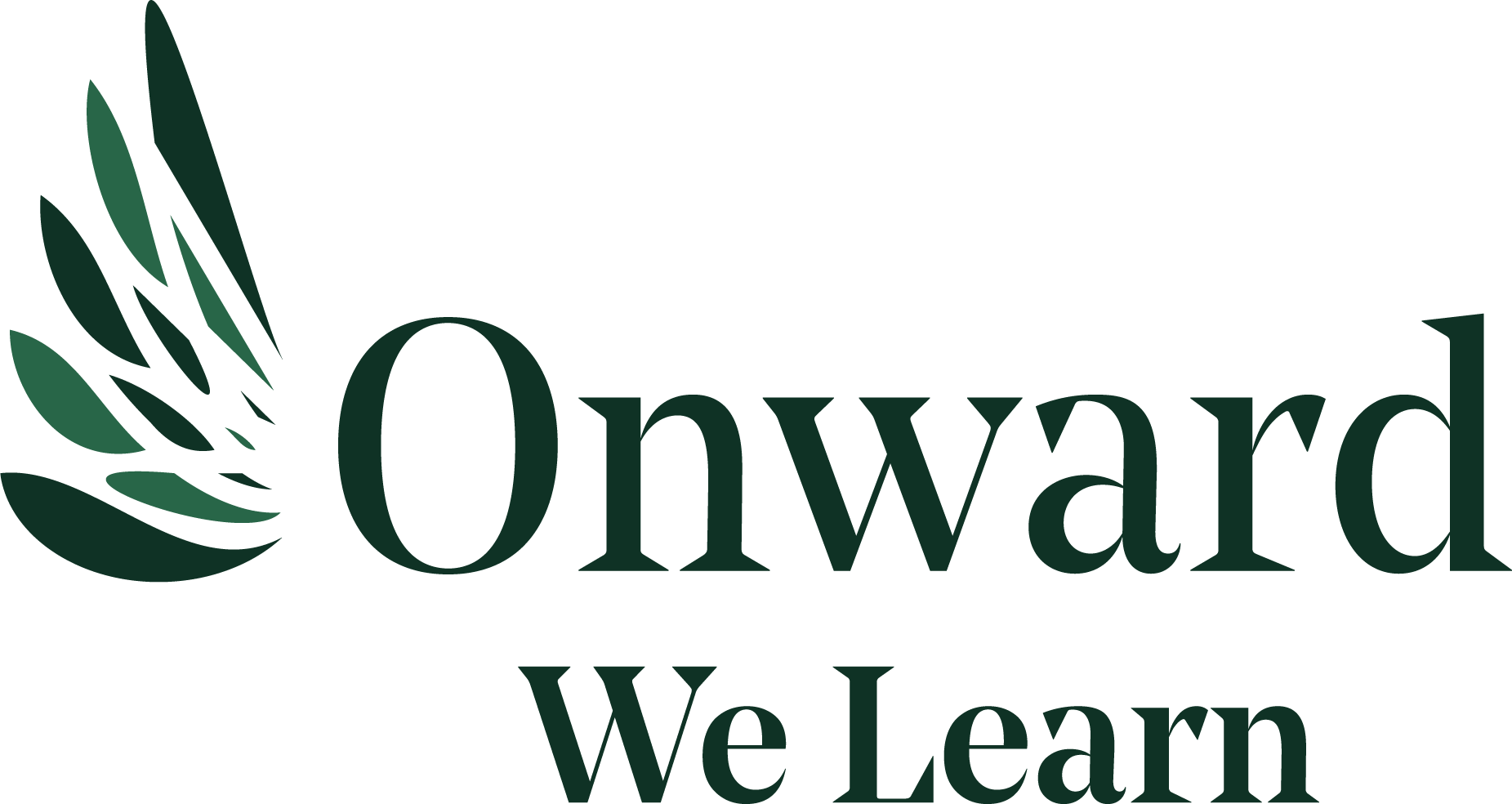Even after receiving the maximum Pell Grant award and her College Crusade scholarship, University of Rhode Island junior Kemi Bankole found herself with a tuition bill last year. She was working, but it wasn’t enough.
“I had a gap and had to take a parent PLUS loan at a really high interest rate,” she said. “It stressed me out. I didn’t really want to take it, but I didn’t have much choice.”
The health studies major who is minoring in psychology and planning a health career working with children said the cost of college is a source of stress for her and many of her peers.
“I basically rely on the Pell Grant to go to college. Without that and the Crusade scholarship, I don’t know how I’d afford college,” she said. “When you’re looking at the cost of college, you’re like, ‘Oh, my gosh; this is so much money to do this.’ But just so you can have a better life in the future, yes, you have to continue going.”
She estimates her debt after graduation is more than $20,000 and said college debt weighs heavily on students today and influences their decisions. “I have a couple of friends that don’t have anyone to support them for college payments. Some took a gap year, some never came back, some went to CCRI. Debt was on a lot on people’s minds,” she said.
The College Crusade is a member of the National College Attainment Network, which is advocating that Congress double the amount of the maximum Pell award to $12,690 per year in the next COVID relief package. This would cover about 50 percent of the cost of attending a public four-year college like URI. The maximum Pell Grant right now covers roughly 28% of the average cost of tuition, fees and living expenses for a four-year public university versus 79% at its historic high in 1975-76.
Doubling Pell “would be amazing,” she said. “I think it would help us a lot because being in college is already stressful and then we also have to worry about going to work to be able to provide for ourselves and live on campus. A lot more students would be able to pay for their books. They wouldn’t need to work so much and could focus on their studies. There’d be fewer loans to take out and less stress all around.”
“If Pell Grant was increased, it would mean more money to help provide meals and be closer to campus.” This fall, as part of URI’s response to COVID-19, she recently learned she couldn’t get on-campus housing, so she and some friends are trying to find something near campus. “I’d have an hour and 30-minute bus ride from my home in Providence,” she said. Because she’s a science major, she’ll have in-person labs that will require her to go to campus.
“Honestly, it’s very stressful because I feel like we shouldn’t really have to pay this amount of money to have to go to school, so if the government could help and increase Pell it would be a huge benefit on our part.”
